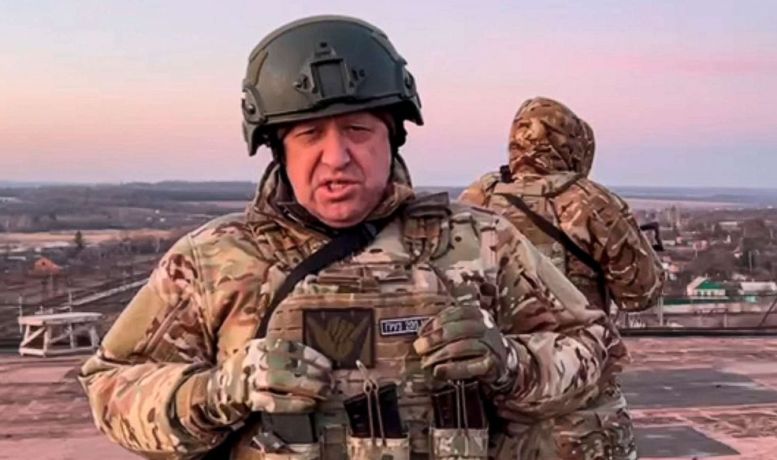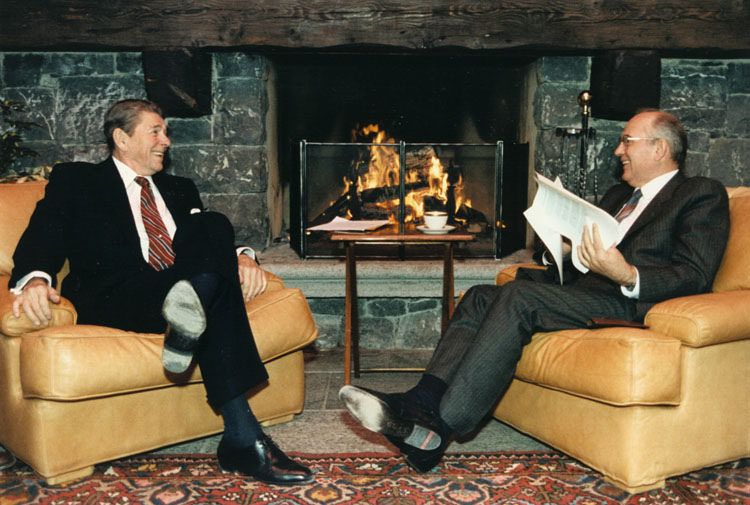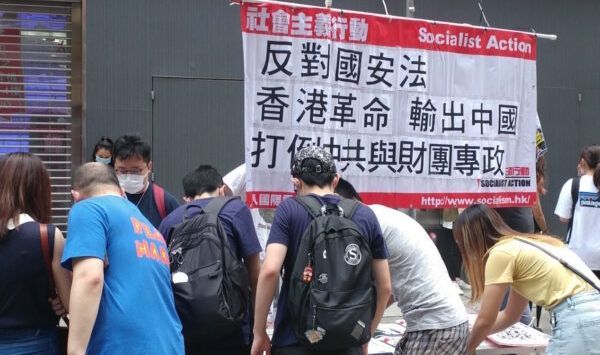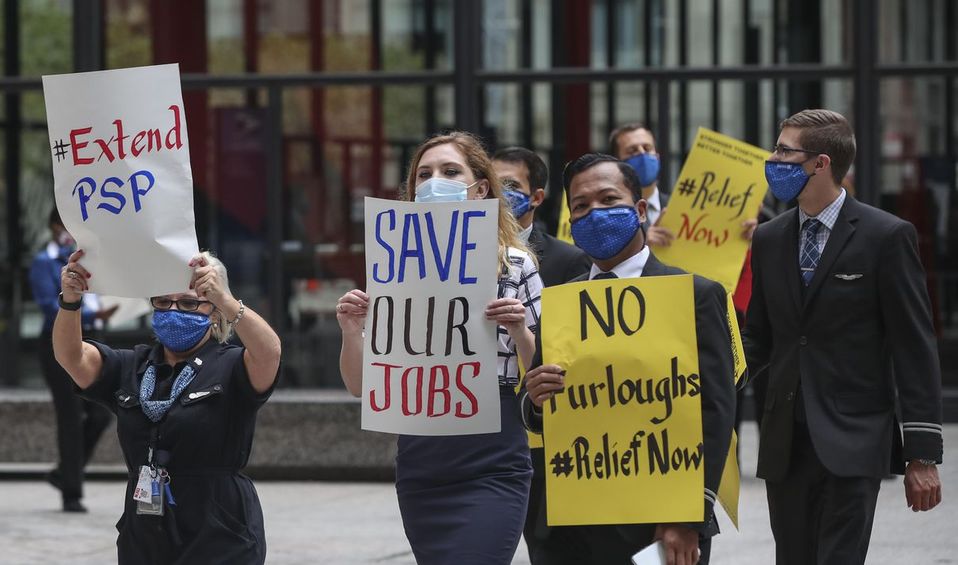The mutiny by Prigozhin and his Wagner mercenaries drew to sudden close yesterday (June 25) evening. This is a preliminary comment on the events.
After 24 hours of dramatically rising tensions, Russian TV has announced that negotiations between Belarusian dictator Aleksander Lukashenko and the leader of the Wagner mercenaries Evgeniy Prigozhin had been successful. Prigozhin would end his march on Moscow and his troops offered a secure retreat in Belarus. A short while later, Prigozhin announced his troops were turning back to a field camp as agreed.
Reports in the hour or so before this had indicated that some of Wagner’s forces had reached the Moscow region, so were probably about 100–150 km from the southern border of the capital. They had driven the nearly one thousand kilometers up the M4 from Rostov meeting practically no resistance. At one point, near to Lipetsk they were attacked by Russian aircraft, who managed to destroy what appears to be an unconnected lorry. Wagner claims that they shot down three Russian attack helicopters. Further along the road they met a roadblock created by a group of local tractor-excavator drivers who dug up the road.
As they approached the capital tensions rose. Roadblocks were set up on all entry roads, Moscovites were warned their homes could be entered by police without court sanction. It was clear that monitoring of phones was increased. Cellars were searched. Public activities were cancelled — particularly distressing for those leaving school this year as tonight is traditionally used for celebrations. Air-tickets out of the city sold out at speculative prices, while it is thought that Putin himself, Medvedev and his family, and Shoigu’s daughter all fled the city.
We can only speculate now on what would have happened if Prigozhin had reached city limits. He was clearly counting on widespread discontent in the police and national guard, that would have had no desire to oppose him. But as he approached Moscow, he clearly realised this would not happen. Moreover, Moscow with its traditional opposition minded population could quite easily have organised against him. His only hope was that he could have linked with a section of the ruling elite who wanted to come out against Putin, but there were no signs of that happening. Indeed, many regional governors and the Moscow Mayor, as well as hardline Chechen leader Kadyrov came out against Prigozhin. Needless to say, ‘communist’ leader Zyuganov issued a fawning statement in support of Putin.
One version to explain what happened, that seems to have some credibility is that Prigozhin initially believed that his initial capture of Rostov would persuade Putin, who he believed was still a close friend, to act against Shoigu (Russia’s Minister of Defence) and Gerasimov (Russia’s Chief of General Staff). His plan was upset, though, because Shoigu who was in Rostov managed to flee the city and report directly to Putin, undermining Prigozhin’s narrative. After this Putin’s language changed dramatically, to accuse his friend of betrayal and treachery on state TV. This pushed Prigozhin to start his “March for Justice.” The sudden change of mind by Putin, to allow Prigozhin to go into exile in Belarus, and Prigozhin’s retreat seems to have followed the intervention of the Governor of the Tver region, formerly head of the Kremlin guard and another close friend of Putin, who may have backed some of Prigozhin’s criticism of the army heads. Putin assured Prigozhin, whose arrest on a charge of treason he had ordered, that charges would be dropped, and that he would deal with the situation in the army leadership.
It should be stressed though that this version exists among a number of ‘conspiracy theories’, but is also largely speculative, so as more information emerges may prove to be inaccurate.
However, whatever does unfold in the next few days, even though the Kremlin has managed to hold off an existential crisis for now, this last day has served a serious blow to the Kremlin’s credibility. It has damaged the image of Putin as invincible. Until now he has been seen as a guarantor of stability within the ruling elite, leaning and manoeuvring between different sections to maintain control. Now one of his favorite children — Prigozhin — has seriously rocked the boat. It is still not clear what the small text of the agreement with Prigozhin includes, but it is now likely that Putin will have to check the actions of Shoigu and Gerasimov, if he wants to avoid further revolts.
The mutiny has also damaged the army’s actions in Ukraine. Apart from boosting the morale of Ukrainian forces, as the Russian army started to withdraw forces from east Ukraine ready to oppose Prigozhin, the Ukrainian army announced further still small gains in its offensive. It has moved further to surround Bakhmut, and captured the town of Krasnohorivka, a suburb of Donetsk that had been controlled by the Russian forces since 2014.
If Prigozhin had succeeded in reaching Moscow and a fire fight had started, it raised the prospect of the break-up of the country into warring factions, into a multi-faceted civil war. Chechen leader Kadyrov had already dispatched his army, declaring he would take Rostov back from Prigozhin. This will have raised alarm in the world’s capitals.
Western imperialism wants to see Russian imperialism forced back to within its borders, but fear a repeat of the 1990’s when, after the restoration of capitalism, the region became a hot-bed of war lords and ethnic conflicts. The Chinese regime too also seemed to hold back from comment — undoubtedly concerned at the danger of such instability within it largest neighbor. It will not be pleased that the leader of its main strategical partner is seen as increasingly weakened on the world stage. Now the imperialist powers are wondering about the consequences of Wagner’s retreat for other countries, particularly on the African continent where Wagner mercenaries are particularly active.
The undermining of Putin’s authority will at some stage feed through into an increase in the politicization of Russians. It is essential that this is used to argue and build an internationalist, socialist alternative to the current corrupt capitalist warmongers and their regime.




